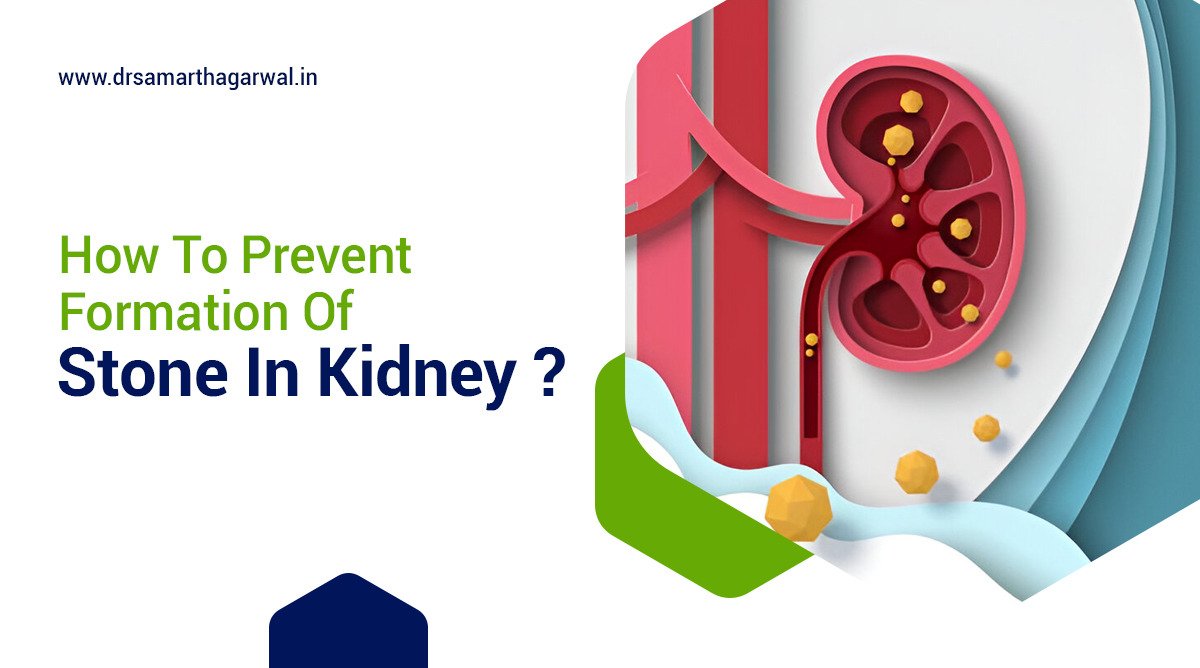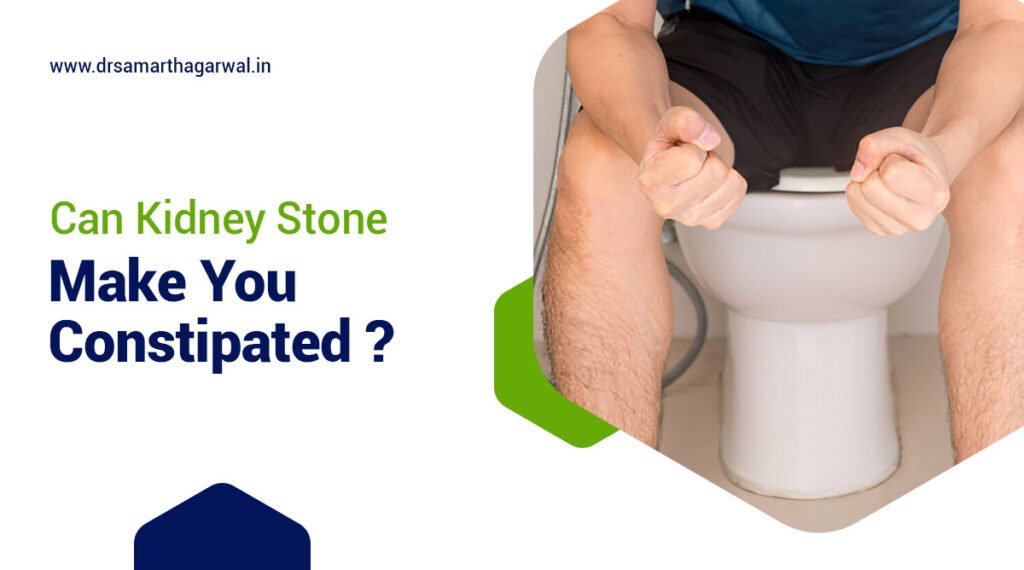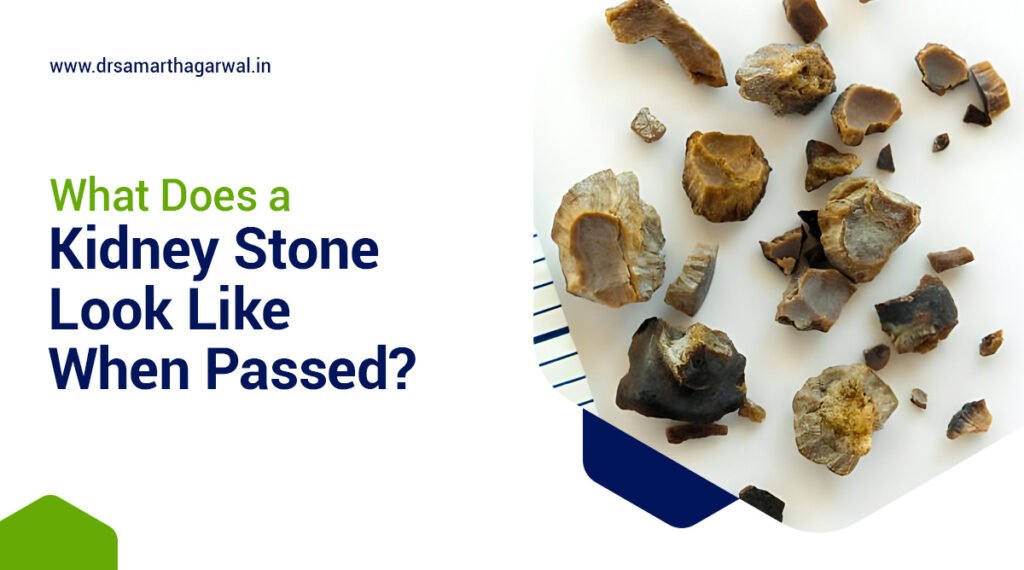Preventing the formation of kidney stones requires a multifaceted approach that includes dietary changes, increased hydration, and awareness of risk factors. By adopting certain lifestyle modifications, individuals can significantly reduce their risk of developing kidney stones.
Staying informed about the types of kidney stones and their causes is essential in implementing effective prevention strategies. Regular consultations with healthcare professionals can also provide personalized advice on how to prevent kidney stones from forming.
Additionally, understanding the role of urine composition and its impact on stone formation is vital. For instance, a higher concentration of certain substances in urine can lead to the crystallization of minerals, resulting in stones.
By focusing on hydration and dietary choices, individuals can effectively alter their urine’s chemical composition, thus reducing the risk of kidney stone formation. Ultimately, a proactive approach toward kidney health can greatly minimize the chances of developing painful stones.
Understanding Kidney Stones
Kidney stones are hard deposits made of minerals and salts that form in the kidneys. They can vary in size and type, with some being as small as a grain of sand while others can grow as large as a golf ball. The most common type of kidney stone is calcium oxalate stones, which form when there is an excess of calcium and oxalate in the urine. Understanding the nature of these stones is crucial for effective prevention and management strategies.
Other types of kidney stones include uric acid stones, cystine stones, and struvite stones. Each type has different underlying causes and risk factors, which means that the approach to prevention may vary. For example, uric acid stones may develop in individuals with high uric acid levels, often linked to dietary habits. By gaining a comprehensive understanding of kidney stones, individuals can tailor their prevention strategies to their specific risk factors and lifestyle choices.
Definition and Types of Kidney Stones
Kidney stones are solid, crystalline masses that form in the urine when minerals and salts concentrate. There are several types of kidney stones, each with distinct characteristics and causes.
Common Types of Kidney Stones:
- Calcium Oxalate Stones: Formed when calcium and oxalate combine in the urine, these are the most prevalent type of kidney stone. According to Khan & Pearle (2016), maintaining adequate calcium intake (1000–1200 mg/day), limiting sodium (2-3 g/day), and avoiding high-oxalate foods are recommended. Increasing citrus fruit consumption and considering lime powder supplementation can also be beneficial.
- Uric Acid Stones: Resulting from excess uric acid in the urine, these stones are often linked to dietary factors.
- Struvite Stones: Developing as a complication of urinary tract infections, these stones require prompt medical attention.
- Cystine Stones: Rare and typically occurring in individuals with a genetic disorder, these stones necessitate specialized care.
Why Understanding Kidney Stone Types Matters:
Recognizing the type of kidney stone you are prone to is crucial for effective prevention and treatment. Each type may require specific dietary adjustments or medical interventions to reduce the risk of formation.
By understanding your individual risk factors and stone type, you can make informed decisions about your health and lifestyle to prevent future occurrences.
Causes and Risk Factors for Kidney Stones
Kidney stone formation is influenced by various factors. Here are some of the key causes and risk factors:
- Dehydration: Concentrated urine increases the likelihood of mineral crystallization.
- Dietary habits: High intake of sodium, oxalate-rich foods, and animal protein elevates the risk.
- Genetic predisposition: Family history increases susceptibility to stone formation.
- Obesity: Excess weight increases the risk of developing kidney stones.
- Medical conditions: Diabetes, gout, and other conditions affect urine composition and increase risk.
- Medications: Certain medications alter urine composition, increasing the risk of stone formation.
Understanding these causes and risk factors is crucial for preventing kidney stones. By addressing modifiable risk factors, such as dietary choices and hydration levels, individuals can significantly reduce their chances of developing stones. Awareness of personal risk factors allows for targeted prevention strategies, leading to better kidney health.
Importance of Hydration in Preventing Kidney Stones
Hydration plays a crucial role in preventing kidney stones. Drinking plenty of water helps dilute the substances in urine that can lead to stone formation. When urine is concentrated, the minerals and salts have a higher chance of crystallizing, resulting in stones. Therefore, maintaining adequate hydration levels is one of the best ways to prevent kidney stones from forming.
Furthermore, hydration can help the kidneys to excrete waste products more efficiently, reducing the risk of kidney stone formation.
According to Khan & Pearle (2016), increasing daily fluid intake to 2.5–3.0 liters is essential to enhance diuresis and dilute urine. This can vary based on individual needs, activity levels, and climate. By prioritizing hydration, individuals can significantly lower their risk of developing kidney stones and promote overall kidney health.
The Role of Water Intake
Water intake is a fundamental aspect of kidney stone prevention. Adequate water consumption helps to dilute the substances in urine that contribute to stone formation.
According to Taylor & Stampfer (2018), increased fluid intake is vital to dilute urine and reduce the risk of stone formation.
When the body is well-hydrated, the kidneys can function optimally, excreting waste products and preventing the concentration of minerals that lead to stones. The best way to prevent kidney stones is to drink plenty of water throughout the day, ensuring that urine remains clear and less concentrated.
Moreover, increasing water intake can also help flush out existing stones and prevent new ones from forming. For those at higher risk, such as individuals with a history of kidney stones, it may be beneficial to monitor urine color as an indicator of hydration. Clear or light-colored urine typically suggests adequate hydration, while dark urine may indicate the need for increased fluid intake. Thus, making water consumption a priority can significantly impact kidney stone prevention efforts.
Strategies for Staying Hydrated
Implementing effective strategies for staying hydrated is essential in preventing kidney stones. One practical approach is to carry a water bottle throughout the day, serving as a constant reminder to drink water. Setting reminders on smartphones or using hydration tracking apps can also encourage individuals to meet their daily water intake goals. Additionally, incorporating hydrating foods, such as fruits and vegetables, into the diet can contribute to overall fluid intake.
Another effective strategy is to drink water before, during, and after physical activities. This helps replenish fluids lost through sweat and maintains optimal hydration levels. For those who find plain water unappealing, adding natural flavorings such as lemon or cucumber can make hydration more enjoyable. By employing these strategies, individuals can ensure they remain adequately hydrated, thus significantly reducing the risk of developing kidney stones.
Dietary Recommendations to Prevent Kidney Stones
Diet and nutrition play a vital role in kidney stone prevention. Certain dietary choices can either increase or decrease the risk of stone formation. For example, reducing sodium intake can help lower calcium excretion in urine, thus decreasing the likelihood of calcium oxalate stones. Additionally, consuming a balanced diet rich in fruits, vegetables, and whole grains can provide essential nutrients while minimizing the intake of stone-forming substances.
Moreover, incorporating calcium-rich foods into the diet is recommended, as they can help bind oxalate in the intestines and prevent its absorption. However, it is essential to obtain calcium from dietary sources rather than supplements, which may increase the risk of stones. By making informed dietary choices, individuals can effectively manage their risk of developing kidney stones and promote overall kidney health.
Foods to Include
Including specific foods in your diet can significantly help prevent kidney stones and support urinary system health. Here are some essential foods to include:
- Foods high in potassium: Bananas, oranges, spinach, and beetroot can help reduce the risk of stone formation by promoting urinary excretion of calcium.
- Citrus fruits: Lemons, limes, and oranges can increase citrate levels in urine, which helps inhibit the formation of stones, thanks to their high concentration of citric acid and vitamin C.
- Fiber-rich foods: Fruits, vegetables, whole grains, and legumes can contribute to kidney health and prevent urinary tract infections.
- Low-fat dairy products: Provide essential calcium without increasing the risk of calcium oxalate stones.
- Nuts and seeds: Almonds, peanuts, and pumpkin seeds are rich in healthy fats, protein, and fiber, supporting overall health.
- Herbal medicine: Certain herbs like chanca piedra may help prevent kidney stone formation.
A balanced diet that includes these foods can help maintain a healthy urinary system, prevent kidney stones, and support overall well-being. Additionally, drinking plenty of water and limiting alcoholic beverages can help prevent dehydration and reduce the risk of stone formation. Consult with a healthcare provider or a registered dietitian to create a personalized dietary plan that suits your needs and health goals.
Foods to Avoid
Avoiding certain foods is essential in preventing kidney stones. High-oxalate foods, such as spinach, rhubarb, and nuts, can contribute to the formation of calcium oxalate stones. Additionally, excessive consumption of animal protein, particularly red meat, can increase uric acid levels, leading to uric acid stone formation. It is also advisable to limit sodium intake, as high sodium levels can lead to increased calcium excretion in urine.
Moreover, sugary beverages and excessive caffeine can also contribute to dehydration, increasing the risk of kidney stones. By being mindful of these dietary choices, individuals can significantly reduce their chances of developing stones. Implementing a balanced diet that minimizes high-risk foods while promoting hydration can be a crucial step in kidney stone prevention.
Lifestyle Changes to Reduce Kidney Stone Risk
Making lifestyle changes can significantly reduce the risk of kidney stones. Regular exercise is one of the most effective ways to maintain a healthy weight and improve overall kidney function. Physical activity helps regulate body weight, which can lower the risk of developing kidney stones.
Additionally, adopting a balanced diet that emphasizes hydration and nutrient-rich foods is essential for preventing stone formation.
Furthermore, managing stress levels through relaxation techniques can also benefit kidney health. High-stress levels can lead to hormonal changes that may affect urine composition and increase the risk of stone formation.
Individuals can take significant steps toward reducing their risk of developing kidney stones by focusing on a holistic approach that includes physical activity, healthy eating, and stress management.
Regular Exercise and Its Benefits
Regular exercise is essential for maintaining overall health and offers significant benefits for kidney health, particularly in preventing kidney stones.
Engaging in physical activity helps manage body weight, enhances kidney function, and promotes hydration, all of which are crucial factors in reducing the risk of stone formation. By incorporating exercise into daily routines, individuals can enjoy a healthier lifestyle while protecting their kidneys.
Here are some key benefits of regular exercise for kidney health:
- Weight Management: Helps maintain a healthy body weight, reducing the risk of obesity-related kidney stones.
- Improved Blood Circulation: Enhances blood flow, supporting the kidneys’ ability to filter waste effectively.
- Increased Hydration: Encourages higher fluid intake, which dilutes urine and lowers mineral concentration.
- Enhanced Kidney Function: Promotes overall kidney health by improving metabolic processes.
- Stress Reduction: Reduces stress levels, which can positively impact kidney health and overall well-being.
- Long-term Health Benefits: Contributes to cardiovascular health, muscle strength, and overall physical fitness, supporting a healthier lifestyle.
Managing Underlying Health Conditions
Managing underlying health conditions is crucial in preventing kidney stones. Certain medical conditions, such as diabetes, gout, and hyperparathyroidism, can increase the risk of stone formation. Individuals with these conditions should work closely with healthcare providers to develop a comprehensive management plan that addresses their specific health needs. This may include regular monitoring of blood sugar levels, uric acid levels, and calcium levels to ensure they remain within a healthy range.
Additionally, adhering to prescribed medications and making necessary lifestyle changes can help mitigate the risk of developing kidney stones. For instance, individuals with diabetes may need to adjust their diets to control blood sugar levels, while those with gout may need to limit purine-rich foods. By effectively managing underlying health conditions, individuals can take proactive steps toward preventing kidney stones and promoting overall kidney health.
Supplements and Medications for Kidney Stone Prevention
Kidney stone prevention can be achieved through dietary supplements and medications, especially for individuals at high risk of developing kidney stone disease or urinary tract infections. Here’s how:
Supplements:
- Potassium citrate: Increases urinary citrate levels, inhibiting stone formation, and can be found in foods like citrus fruits, juices (such as lemonade and orange juice), and vegetables.
- Magnesium: Decreases oxalate absorption in the gastrointestinal tract, preventing calcium oxalate stones, and is available in whole grains, nuts (like peanuts), seeds, and legumes.
Important: Consult a healthcare provider or registered dietitian before starting any supplements to ensure they suit individual health needs, especially if you have a history of chronic kidney disease, kidney failure, or hypocalcemia.
Medications:
- Thiazide diuretics: Reduces calcium excretion in urine, lowering the risk of calcium stones, and is often prescribed by physicians for individuals with a history of calcium stones or those with high blood pressure.
Work with healthcare professionals, such as urologists like Siliguri’s own Dr. Samarth Agarwal or internal medicine specialists, to determine the most suitable supplements and medications for optimal kidney health, and to prevent conditions like urinary tract infections or chronic kidney disease.
A healthy diet, rich in fruits, vegetables, whole grains, and low in salt, sugar (especially high-fructose corn syrup), and saturated fats (found in dairy products and chocolate), can also support kidney health. Drinking plenty of fluids, such as water, tea, and juice, can help prevent kidney stone formation.
Role of Supplements
Supplements can play a significant role in preventing kidney stones, especially for individuals with specific dietary deficiencies or risk factors. Certain supplements can help maintain healthy mineral levels and support kidney function, thereby reducing the likelihood of stone formation. However, it is essential to remember that supplements should complement, not replace, a balanced diet rich in whole foods.
Here are some key points regarding the role of supplements in kidney stone prevention:
- Calcium Citrate: Helps maintain healthy calcium levels without increasing the risk of stone formation.
- Potassium Citrate: Increases urinary pH and citrate levels, which can help prevent uric acid stones.
- Magnesium: May inhibit the formation of certain types of stones and support overall kidney health.
- Vitamin B6: Can help reduce oxalate levels in the urine, potentially lowering the risk of calcium oxalate stones.
- Omega-3 Fatty Acids: May have anti-inflammatory properties that support kidney health.
Consultation with Healthcare Providers: Essential for ensuring the safety and efficacy of any supplement regimen tailored to individual needs.
Prescription Medications
Individuals at high risk of developing kidney stone disease can benefit from prescription medications, which can be an effective option when used in conjunction with a healthy diet, dietary supplements, and lifestyle modifications. For instance:
- Thiazide diuretics: Often prescribed for individuals with a history of calcium stones, as they help reduce calcium excretion in urine, thereby decreasing the likelihood of stone formation. This is particularly important for individuals with hypertension, as high blood pressure can increase the risk of kidney stone disease.
- Allopurinol: May be prescribed for individuals prone to uric acid stones, as it helps lower uric acid levels in the body. This is especially relevant for individuals who consume a diet high in meat, seafood, and sweets, as these foods can increase uric acid levels.
It is crucial for individuals to work closely with healthcare providers, such as physicians specializing in internal medicine or urology, to determine the most appropriate medications based on their health history, risk factors, and laboratory results from urinalysis.
Regular Monitoring and Medical Check-ups
Regular monitoring and medical check-ups are vital components of kidney stone prevention. Individuals with a history of kidney stones should schedule routine appointments with their healthcare provider to assess kidney function and monitor risk factors. These check-ups can include urine tests to evaluate mineral levels and blood tests to check for underlying health conditions that may contribute to stone formation.
Additionally, regular monitoring allows for timely interventions if any abnormalities are detected. For instance, if elevated calcium or uric acid levels are identified, healthcare providers can recommend dietary changes or prescribe medications to mitigate the risk of stone formation. By prioritizing regular medical check-ups, individuals can take proactive steps toward maintaining kidney health and preventing the recurrence of kidney stones.
Importance of Routine Kidney Health Assessments
Routine kidney health assessments are essential for individuals at risk of developing kidney stones. These evaluations not only provide critical insights into kidney function but also help identify potential issues before they become serious. Regular assessments can include various tests and imaging studies that monitor kidney health and detect abnormalities.
Here are some key reasons why routine kidney health assessments are important:
- Early Detection: Identifies potential kidney issues before they escalate into serious conditions.
- Personalized Prevention: Allows healthcare providers to tailor prevention strategies based on individual risk factors.
- Monitoring Kidney Function: Regular tests help track kidney performance over time.
- Lifestyle Guidance: Informs individuals about necessary lifestyle changes and dietary guidelines to support kidney health.
- Reduction of Kidney Stones: Proactively addresses risk factors associated with kidney stone formation.
- Long-term Health: Promotes overall kidney health and reduces the risk of chronic kidney disease.
Recognizing Symptoms of Kidney Stones
Recognizing the symptoms of kidney stones is essential for early intervention and management. Common symptoms include:
- Severe pain in the back or side, often radiating to the lower abdomen and groin
- Blood in the urine
- Frequent urination
- Nausea
Understanding these signs can prompt individuals to seek medical attention promptly, potentially preventing complications associated with kidney stones.
Additionally, awareness of symptoms can lead to timely diagnosis and treatment, which may include dietary modifications, increased hydration, or medical interventions. Early recognition of kidney stones allows for a more effective management plan, reducing the risk of further stone formation.
By being vigilant about their health and recognizing the signs of kidney stones, individuals can take proactive steps toward maintaining kidney health and preventing future complications.

Contact Dr. Samarth Agarwal if you have any questions or concerns about your Urinary health!






